Gen. 13 continues the theme of Abram and his kin being nomads, living in tents. At some point, Lot will shift to living in a town or village, namely Sodom, and from the view of the narrator, this almost always spells trouble, living with people who do not honor the Biblical God. Notice that we are told at the outset of the chapter that Abram and kin leave Egypt heavily laden with cattle, silver, and gold. You should not picture them as poor wandering nomads, though nomads they are. They pass through the Negev and Abram heads back to the last place where he erected an altar– namely at Bethel. In this setting we see Abram ‘invoke the name of the Lord’ at the altar he built. But what name would that be? Probably not Yahweh, which seems to have been first revealed to Moses at the burning bush, many years later. And El or even Elohim was a generic name for god or gods. This seems to leave Adonai. But one must always remember that the author of this material writes from a much later point of view. Note again the retrospective reference– this time to ‘there were then Perizites and Canaanites dwelling in the land’, which clearly implies they were not there later when the narrator was writing this story.
The trouble began when Abram’s and Lot’s herdsman were arguing over turf, and who should have what. Sounds like an episode from Yellowstone. Here Abram shows himself to be magnanimous, at least with his own relatives and so he gives Lot the choice of which land he wants, and Lot wants the fertile Jordan plain, that leads down to the Dead Sea, and Abram agrees. He’s staying between Bethel and Ai.This period map shows us where Bethel was. The name means Gate of God. You can also see the Jordan plain leading down to Jericho and beyond. As for where Sodom was apparently it was close to the Dead Sea.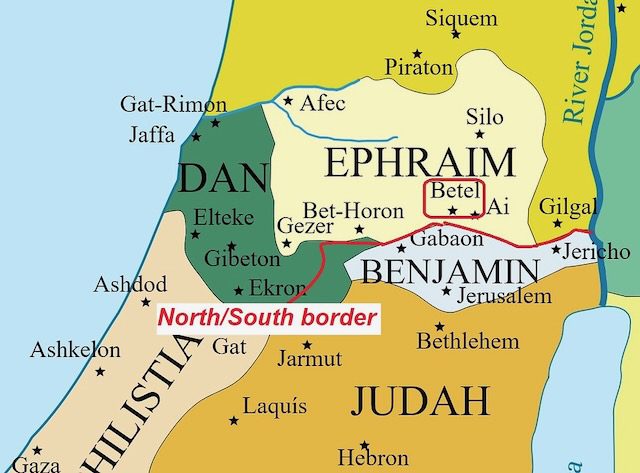
So Lot takes what appears to be the more lush and fertile land, and again notice the retrospective note, “the whole plain of Jordan was well watered before the Lord destroyed Sodom and Gomorrah, like the garden of the Lord”. This narrator clearly knows the story of the garden of Eden, but notice he also knows about Egypt, because he adds “like the land of Egypt before you come to Zoar”. This name means ‘little’ and it seems to have been in the fertile northern delta area of Egypt.
The end result of this dividing up the real estate is that Abram is actually obeying God, and living in Canaan, which is here distinguished from the plain of Jordan which is not said to be part of Canaan. And this is forgetting that there were all the native inhabitants of both regions! This is why Alter suggests that Abram’s dividing up the territory is somewhat ironic, as if they already controlled it all, but the next story in the saga makes clear they didn’t!

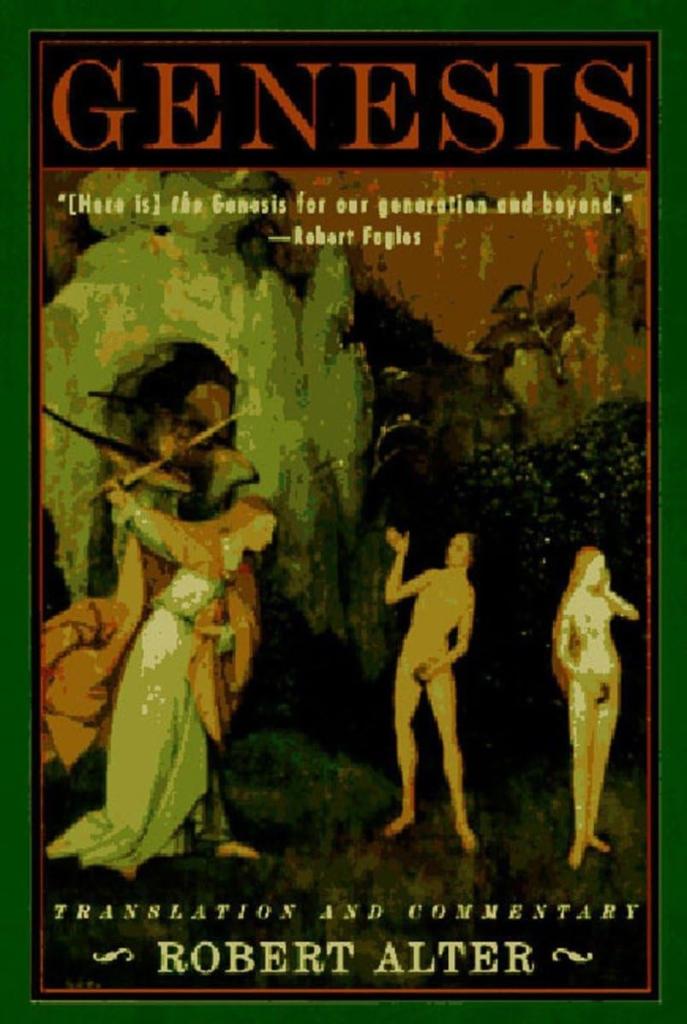
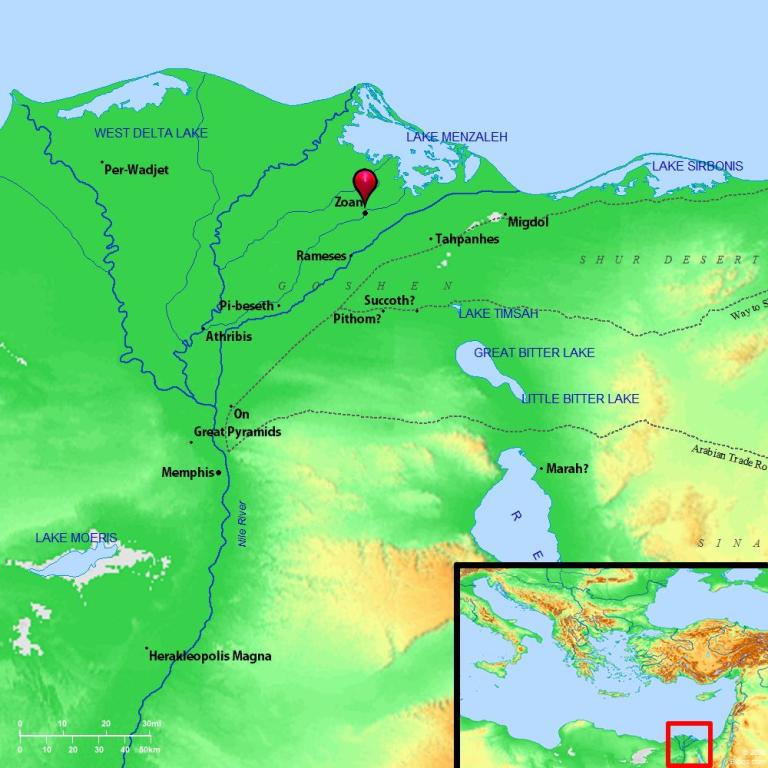

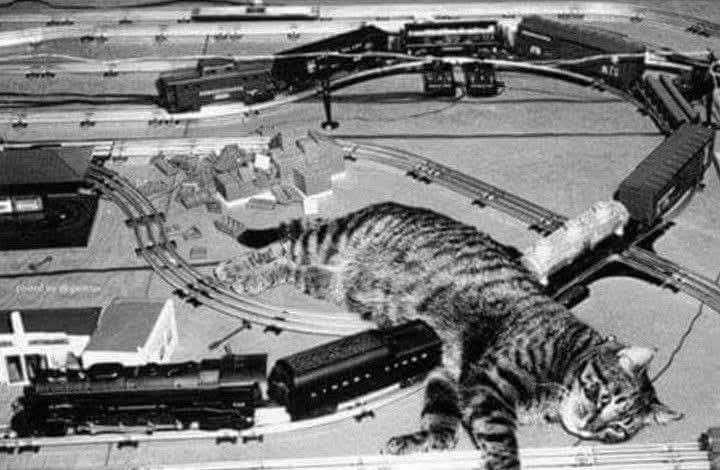
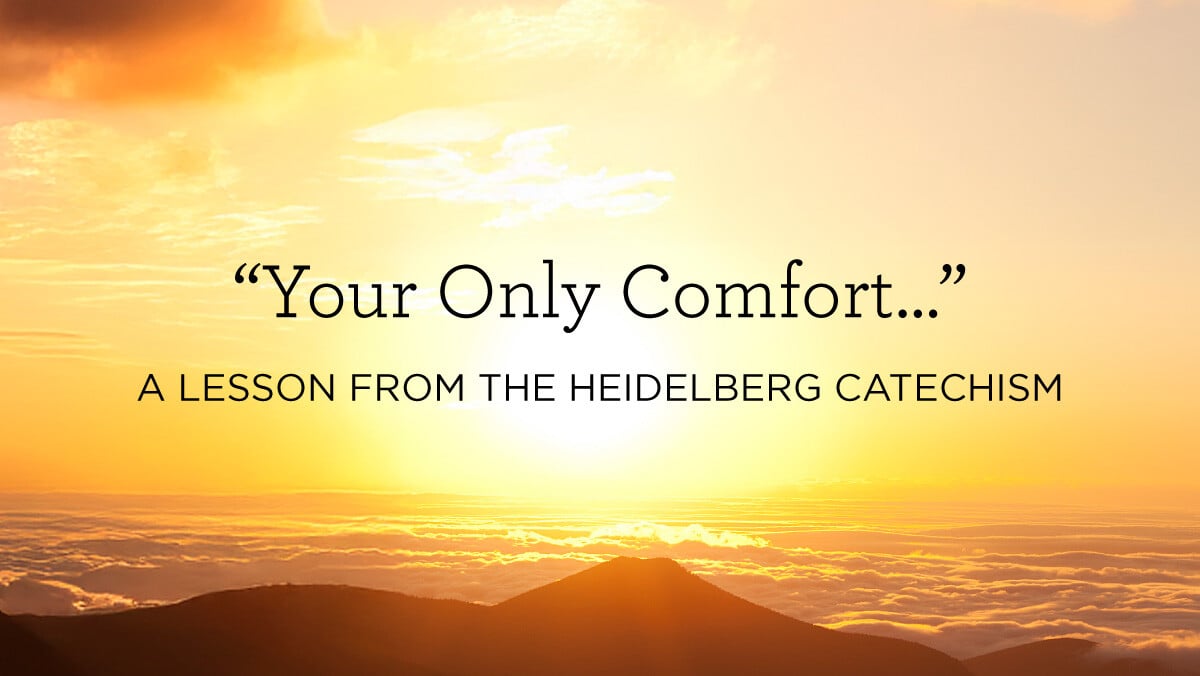

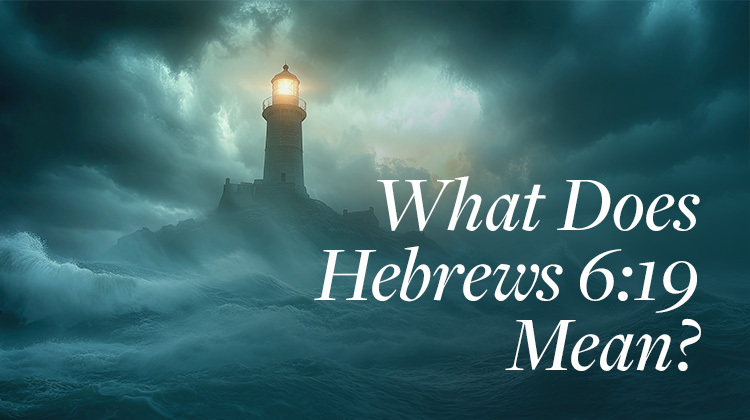

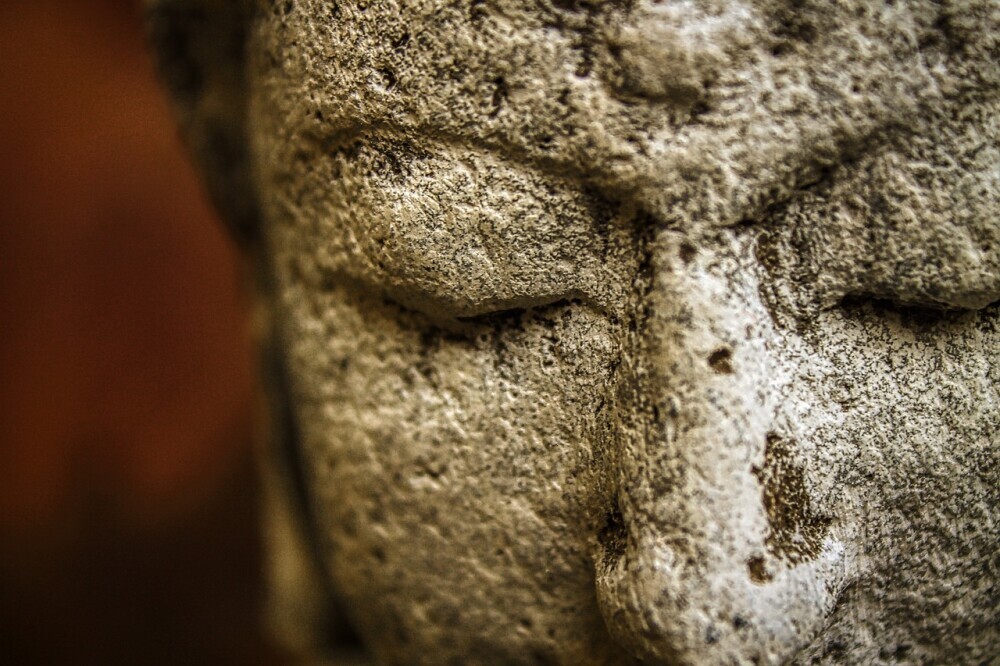

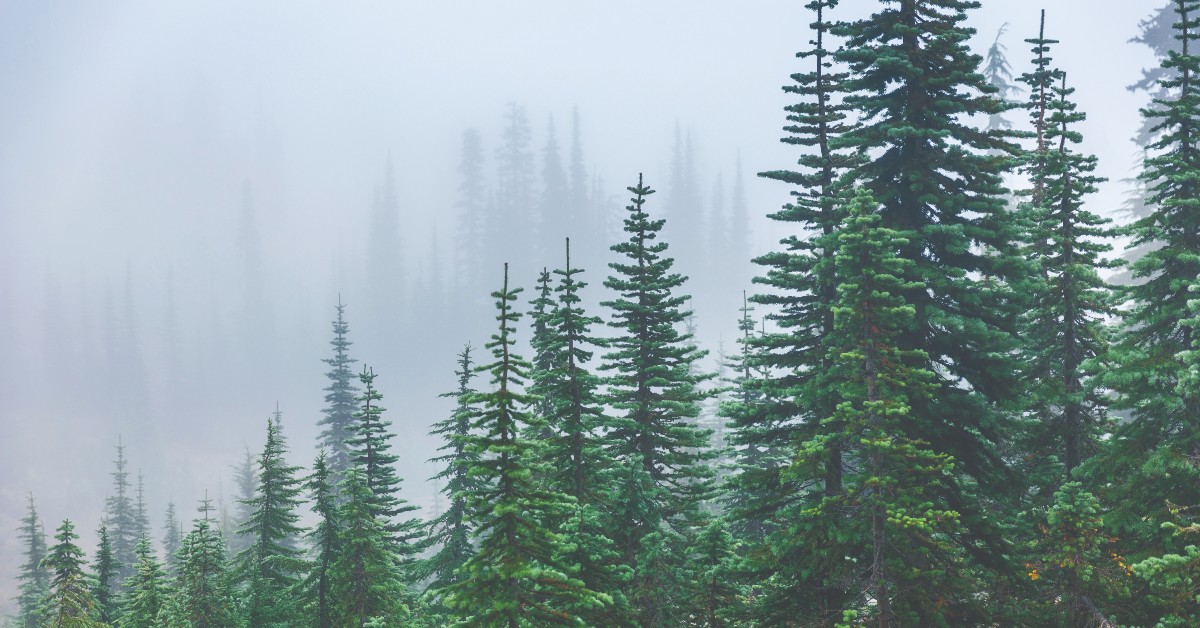

 English (US) ·
English (US) ·